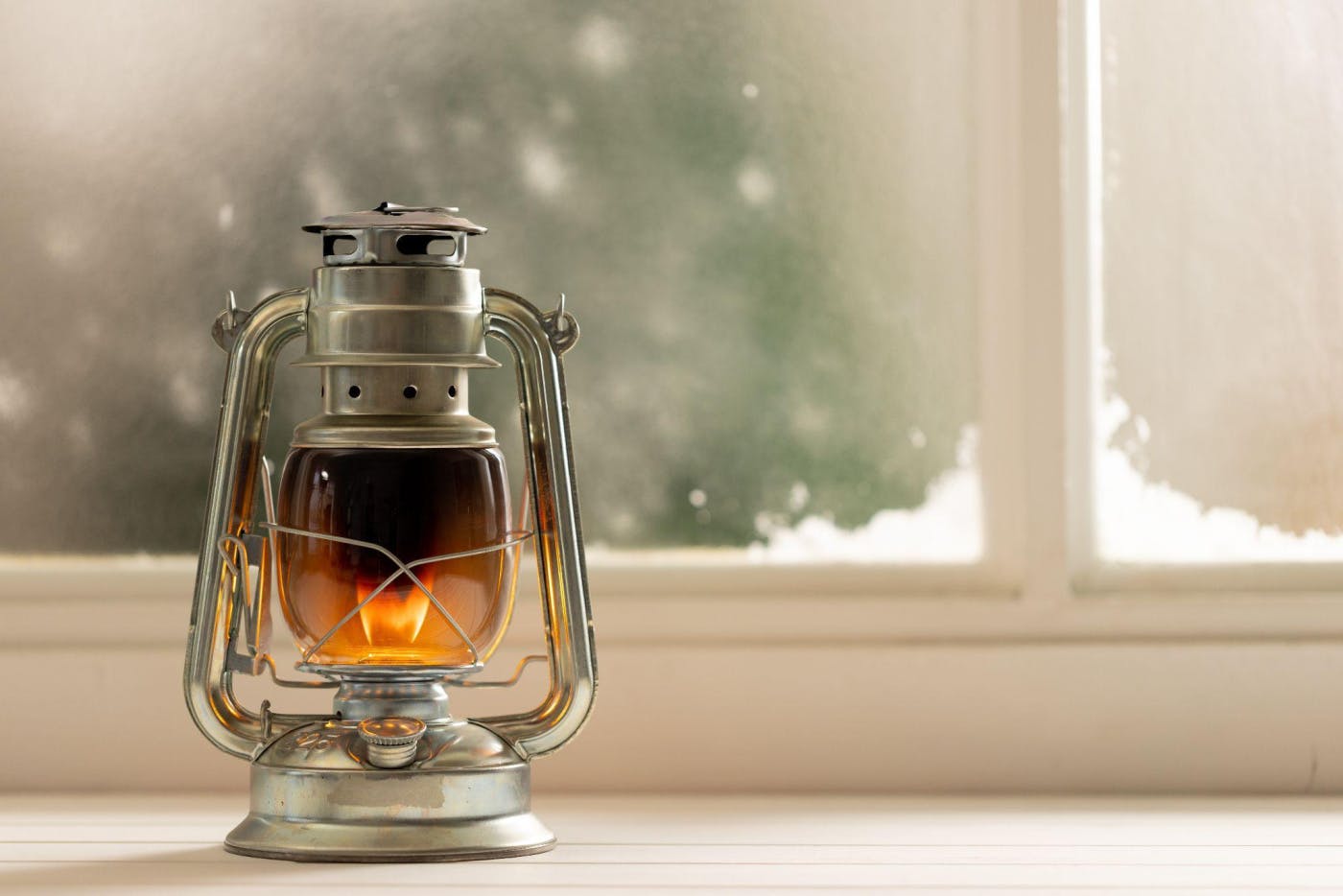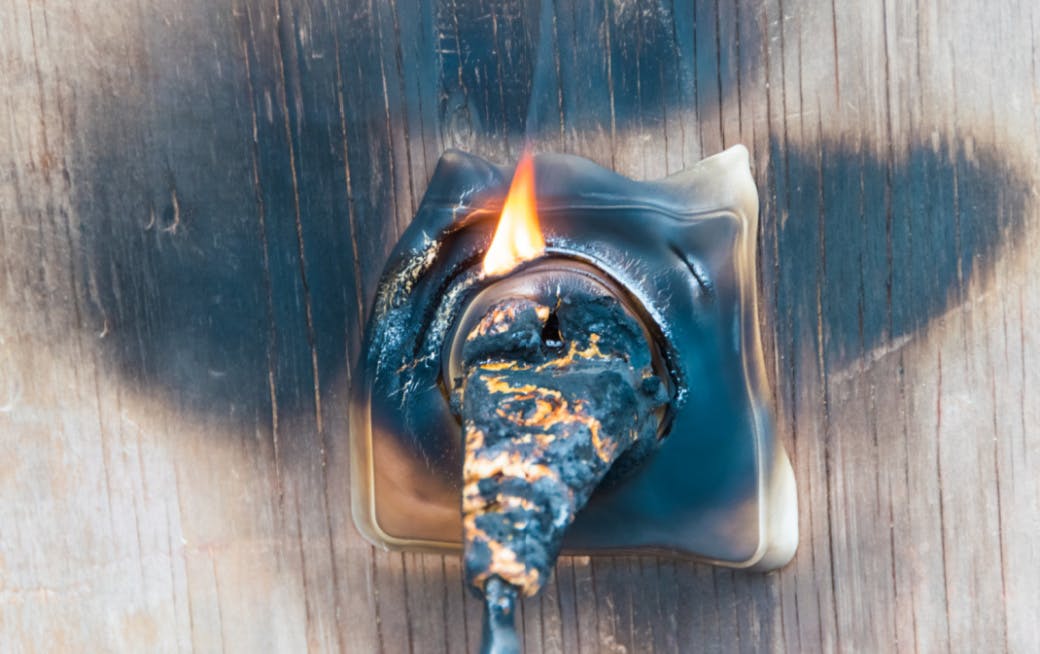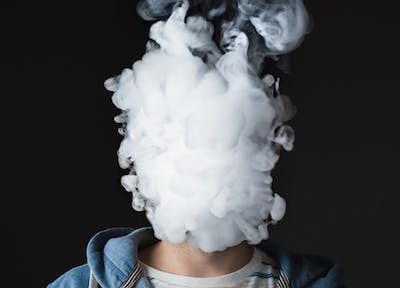Winter Fire Safety Tips for Minnesota Homes

The risk of house fires increases across Minnesota during our long winters. Understanding common causes and taking the proper precautions will help you safeguard your home and loved ones through the season.













